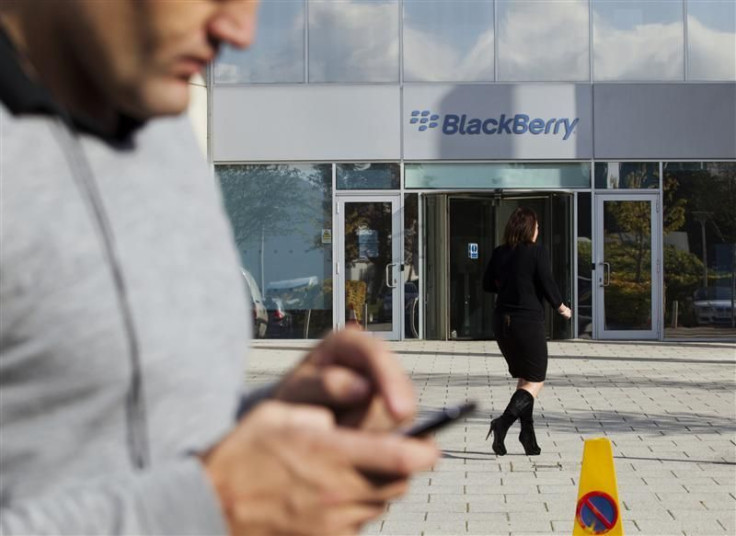VW Agrees to Kick the 'Crackberry' Habit

(Reuters) - The backlash against twenty-four-hour connectivity has started.
Carmaker Volkswagen has agreed to deactivate e-mails on German staff Blackberry devices out of office hours to give them a break.
Under an agreement with labor representatives, staff at Europe's biggest automaker will receive e-mails via Blackberry from half an hour before they start work until half an hour after they finish, and will be in blackout-mode the rest of the time, a spokesman for VW said.
The new email regime applies to staff covered by collective bargaining so it would seem board level executives will still be slaves to their Blackberries.
Very few companies have taken such drastic measures to force workers towards a better work-life balance.
Telecommunications company Deutsche Telekom introduced a Smart-Device-Policy last year that calls on workers to claim communication-free time when they are off work, in exchange for a promise that management will not expect them to read e-mails or pick up the phone all the time.
Mobile communication devices offer a great amount of freedom, but also embody the risk of no longer being able to switch off, the company said.
Kasper Rorsted, the chief executive of consumer goods maker Henkel, told a German newspaper last month that he was imposing a Blackberry-free week for the management board between Christmas and New Year - unless there is an emergency.
I don't want to have to read mails just because someone is bored somewhere and wants to show he's busy, he told Frankfurter Allgemeine Sonntagszeitung.
Volkswagen, which has about 400,000 employees worldwide, aims to overtake Japan's Toyota as the world's biggest carmaker by 2018 by selling 10 million vehicles per year.
VW's move comes two months after millions of customers of the Blackberry -- made by Research in Motion -- were frustrated by a three-day global service disruption, showing how much many rely on continuous, reliable e-mail and instant messenger service.
But in Europe's biggest economy, where burnout is blamed for almost 10 million sick days a year, labor representatives are keen to limit the amount of time that employees spend responding to e-mails at weekends and during vacation.
German IT body Bitkom published a study this year showing that 88 percent of German workers are reachable for clients, colleagues and bosses by e-mail or mobile phone outside of working hours, compared with only 73 percent two years ago.
RIGHT TO CONNECTIVITY
The move at Volkswagen will affect 1,154 workers at the company's six plants in Germany, daily Wolfsburger Allgemeine Zeitung cited VW works council member Heinz-Joachim Thust as saying this week.
So far, he said, the response to the decision to deactivate e-mails at night has been very positive.
Not everyone has signed up to the idea that a country which prides itself on being the industrial heartbeat of Europe can do without workers being available at all hours.
A spokeswoman for RWE said the German utility had no agreement comparable to the one at Volkswagen and indicated it was unlikely there was going to be one anytime soon.
You have to take into account that at a utility many employees need to be reachable and on the job all the time since they have to make sure that power and gas are flowing night and day, that lights are on and that it's warm inside, she said.
For some employees their handheld devices have become so addictive that the term CrackBerry has been coined.
As Financial Times columnist Jurek Martin wrote this week: The Declaration of Independence states, quite clearly, that all Americans have an inalienable right to life, liberty and connectivity, previously known as the pursuit of happiness.
© Copyright Thomson Reuters 2024. All rights reserved.




















